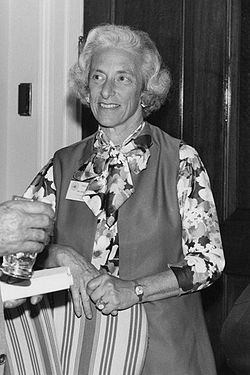Barbara W. Tuchman Quote
The death of the last of the three brothers in 1328 left the succession to the crown open, with results that led to the longest war—so far—in Western history. Three claimants were available—a grandson and two nephews of Philip the Fair. The grandson was the sixteen-year-old Edward III of England, son of Philip the Fair’s daughter Isabel, who had married Edward II. She was generally believed to have connived with her lover in the murder of her husband the King, and to exercise a malign influence upon her son. His claim of direct lineage, vigorously put forward, met no welcomers in France not because it derived through a woman but because the woman in question was feared and disliked and in any case no one wanted the King of England on the throne of France.
The death of the last of the three brothers in 1328 left the succession to the crown open, with results that led to the longest war—so far—in Western history. Three claimants were available—a grandson and two nephews of Philip the Fair. The grandson was the sixteen-year-old Edward III of England, son of Philip the Fair’s daughter Isabel, who had married Edward II. She was generally believed to have connived with her lover in the murder of her husband the King, and to exercise a malign influence upon her son. His claim of direct lineage, vigorously put forward, met no welcomers in France not because it derived through a woman but because the woman in question was feared and disliked and in any case no one wanted the King of England on the throne of France.
Related Quotes
About Barbara W. Tuchman
Tuchman focused on writing popular history.
